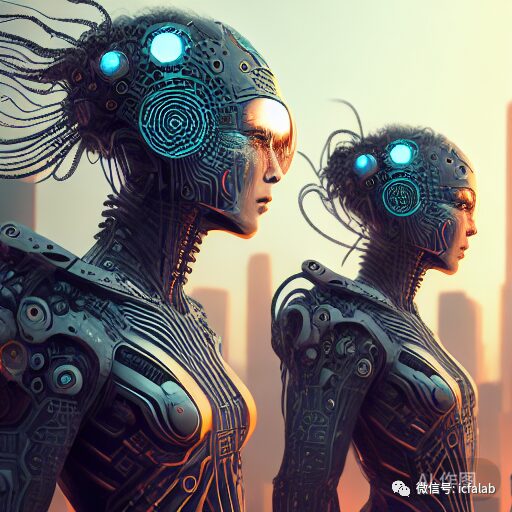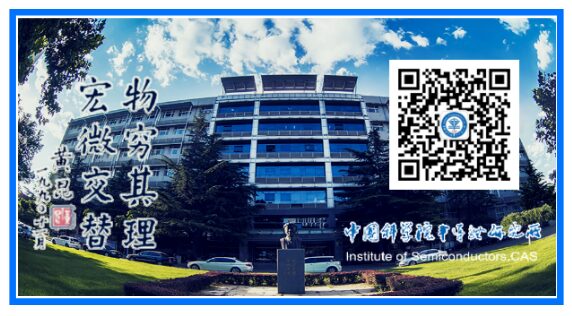
With the rapid development of information technology, chip technology, as a core component of modern electronic products, plays a significant role in various fields. This article will introduce and discuss the chip-related profession from the perspectives of the development history of chip technology, application areas, and future prospects.

1. The Development History of Chip Technology
Chip technology originated in the 1960s. With advancements in microelectronics technology, the birth of integrated circuits further reduced the scale of chips, lowered power consumption, and improved performance. From the initial small-scale integrated circuits to today’s large-scale integrated circuits and ultra-large-scale integrated circuits, the integration and functionality of chips have become increasingly high. At the same time, the application of advanced manufacturing processes and materials, such as the development of nanotechnology, has provided strong support for the advancement of chip technology.
2. Application Areas of Chip Technology
Chip technology is widely used in electronic devices, communications, computers, and medical fields. In electronic devices, the small size, efficiency, and low power consumption characteristics of chips make them indispensable in various electronic devices such as smartphones, tablets, and smart homes. Additionally, chip technology plays a key role in the construction and maintenance of communication networks, such as base stations, optical fiber transmission, and satellite communication.
In the field of computers, chip technology is an essential key technology. With the rapid development of artificial intelligence, big data, and cloud computing technologies, the demand for computing power is increasing, and as the core component of computing, chips have higher requirements for computing speed and energy efficiency.
In the medical field, the application of chip technology is also becoming increasingly widespread. The development of biochip technology has made medical technologies such as gene testing and disease diagnosis more accurate and efficient. At the same time, the application of chip technology in artificial intelligence healthcare and health monitoring also offers more possibilities.
3. Future Prospects of Chip-Related Professions
With continuous technological development, the prospects for chip-related professions are very promising. Under the national policy of vigorously supporting technological innovation, relevant research institutions and enterprises are paying more attention to the research and application of chip technology. In the future, chip technology will play a greater role in fields such as artificial intelligence, the Internet of Things, new energy, and new materials. With the increase in the degree of intelligence and market demand, there will be broader employment opportunities for professionals related to chips.
4. Chip-Related Courses
Chips are the core of modern electronic technology, and for students in chip-related majors, it is crucial to be familiar with and master the knowledge of chip design and manufacturing. Below are some mandatory courses related to chips.
1. Semiconductor Physics
Semiconductor physics is a fundamental course for chip majors, mainly introducing the basic properties of semiconductor materials, energy band structure, and the motion behavior of electrons and holes. By studying this course, students can gain a deep understanding of the characteristics of semiconductor materials, providing a solid theoretical foundation for subsequent chip design and manufacturing.
2. Digital Circuits
Digital circuits are the core course of chip design, mainly covering logic gates, flip-flops, and sequential circuits. By studying this course, students can master the design methods of digital circuits and understand the characteristics and applications of various digital circuit components, providing a foundation for subsequent chip design and optimization.
3. Analog Circuits
Analog circuits are an indispensable course in chip design, mainly covering amplifiers, filters, operational amplifiers, etc. By studying this course, students can master the design methods and analysis techniques of analog circuits, understand the characteristics and applications of various analog circuit components, providing a foundation for subsequent chip design and testing.
4. Microelectronics Technology
Microelectronics technology is an essential part of chip design and manufacturing, and it is one of the core courses in chip-related majors. By studying this course, students will learn about advanced microelectronics processes, including photolithography, thin film deposition, ion implantation, and other process steps. At the same time, students will also be exposed to the manufacturing process of semiconductor devices, such as transistors and diodes. Through this course, students will master the basic technologies and processes of chip manufacturing.
5. Digital Signal Processing
Digital signal processing is an important course in the application field of chips, mainly covering the acquisition, transformation, filtering, and encoding/decoding of digital signals. By studying this course, students will understand the basic concepts and processing methods of digital signals, providing necessary technical support for chip application development.
In summary, chip technology, as a core component of modern electronic products, plays an important role in various fields. With the continuous development of technology and the widespread promotion of applications, the demand for chip-related professions is also increasing.
The reproduced content only represents the author’s views
It does not represent the position of the Semiconductor Institute of the Chinese Academy of Sciences
Editor: Chunxue
Responsible Editor: Jiang Yu
Submission Email: [email protected]
